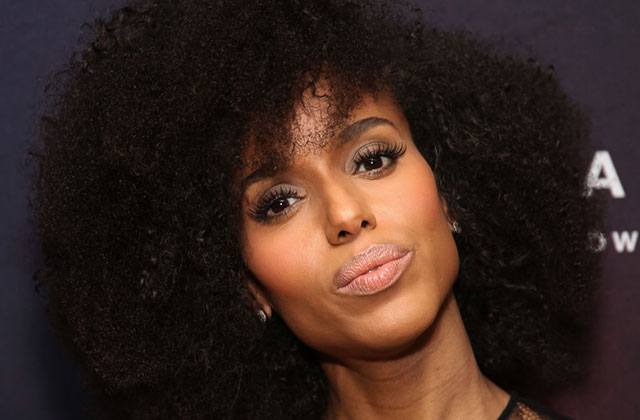Between 2018 and 2019, actor Kerry Washington took on the role of Kendra, a grieving mother who lost her son to police violence, first in the Broadway play, and then in the Netflix film, “American Son.” Following weeks of sustained protests after George Floyd’s March 25 death by Minneapolis Police Department officers became public, Washington revisited Kendra’s timely story with Deadline in an interview published on July 7.
“I needed to understand where her life had been to understand what she was trying to rewrite in this moment because it’s very raw,” said Washington of Kendra’s backstory and who she was as a woman before her life was broken by the tragic death of her son.
Washington also said that when it comes to changing the system, it’s up to the people, not the politicians, to make that happen. “The system only works if we’re involved. That’s how representational democracy works, and it’s reliant on us,” Washington told Deadline. “So, rather than fantasize these powerful people making life better for us, we have to realize that we hold the power and that if we unleash that individual power, we can create systemic change.”
See more must-read excerpts from the Q&A below about how Washington leaned on the real-life trauma of slain Black people to address her character’s pain on stage and on camera:
On never looking away from the pain:
I had a wall of my dressing room at the theatre dedicated to images of a lot of these young men. Trayvon Martin, Tamir Rice, Philando Castile… And women, too, like Sandra Bland. When a new incident happened, I would add pictures to that wall, because it felt to me like the play was, in some ways, a magnificent prayer to the unraveling of these injustices. I was constantly adding pictures to it, until it took up the entire wall.
[…]
To have some of these names be said in the play, like for Philando Castile’s name to be part of our theatrical canon and to see it in Samuel French, also felt like a service to the legacy of trying to find justice on this issue. I had a lot of those family members come to the dressing room and see those pictures; sisters and mothers. That also was profound.
On representing a biracial relationship:
In some ways, I feel like Kendra and Scott are stand-ins for us as a society. For people who are embodying inclusivity and those who are resisting it. How do we hear each other? And I think finding the surprising commonalities between us is part of the power of the medium. As a viewer, of theatre or television or movies, you can find things in common with characters you didn’t really expect to relate to. The way Christopher Demos-Brown wrote this, your allegiances keep shifting over those 90 minutes.
On the need to tell diverse stories:
I think we’re becoming less and less afraid to allow our protagonists to look a lot of different ways. As members of communities that are labeled ‘other’, we’ve always known that we could see a story about something that wasn’t exactly our experience and say, “Oh, I see myself in that.” To allow that shift, where white people or straight people can see themselves in the stories of a more disenfranchised experience, that is so exciting.
To read the complete interview, visit Deadline here.
